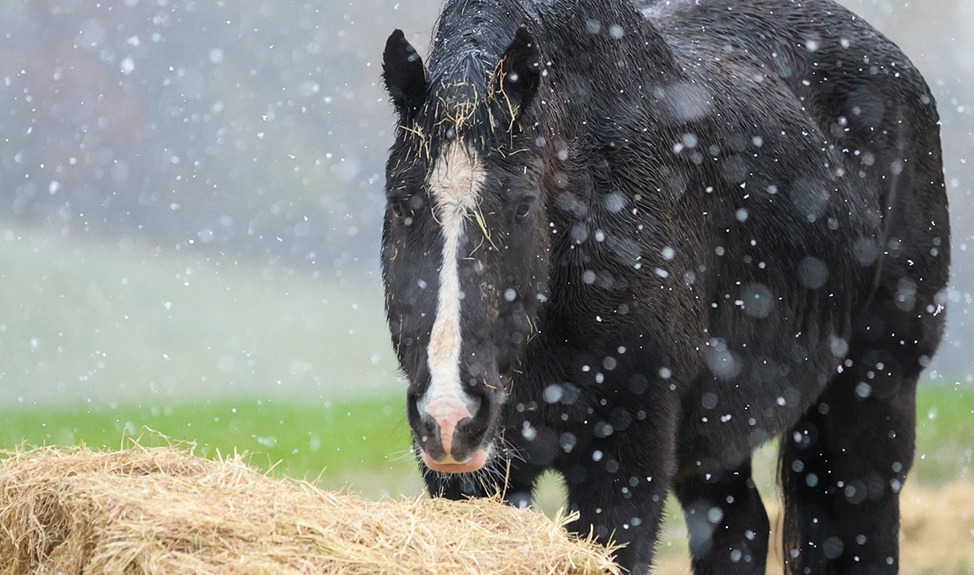At The Horse Trust, we’re committed to protecting not just the horses in our care…

Horse Trust-Funded Research Discovers Protein Changes Involved in Equine Respiratory Disease
A research project funded by The Horse Trust has discovered how proteins in horse’s mucus change with the development of equine respiratory disease. The researchers are now investigating how these changes are regulated, which may enable the development of new treatments for this condition.
Respiratory problems are common in horses, with various surveys reporting that respiratory airway inflammation occurs in between 10 and 50 percent of competition and pleasure horses. Respiratory problems not only reduce the quality of a horse’s life, but are also a common cause of exercise intolerance.
Equine respiratory problems are often associated with an accumulation of mucus in the horse’s airways and with the mucus becoming more viscous and hard to clear.
Research that was given funding by The Horse Trust has shown that particular genes that regulate mucus proteins, known as mucins, undergo various changes in equine respiratory disease. This research builds on previous work performed by the researchers that received support from the Horserace Betting Levy Board
Professor Peter Clegg at the University of Liverpool, in collaboration with Dr David Thornton at the University of Manchester, led the research. It was found that horses with respiratory disease have higher levels of a particular mucin, known as Muc5b. A second mucin, Muc5AC was also increased in respiratory disease, but was present in much lower levels than Muc5b. Alterations in both mucin genes, and their resultant proteins are likely to be a major cause of the increased viscosity of mucus in horses with respiratory disease.
1 2















Comments (0)